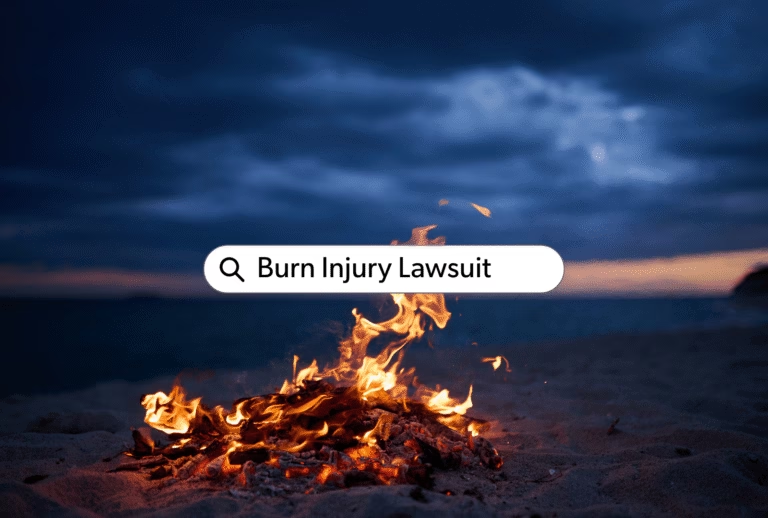A split shift in California is a work schedule where an employee’s workday is broken into two or more separate periods, with a significant break of unpaid time between the periods. For example, an employee might work from 8 a.m. to 12 p.m., have a few hours off, and then return to work from 3 p.m. to 7 p.m.
Split shift scheduling is common in industries like hospitality, retail, and food service, where the demand for labor varies throughout the day. California has specific laws governing split shift schedule pay to protect employees from potential hardships caused by such non-continuous schedules.
California Split Shift Pay Laws
Under California Industrial Welfare Commission (IWC) Wage Orders, employers must provide extra compensation for employees who work a split shift. The purpose is to offset the inconvenience of extended workdays and additional commuting costs. If an employee’s work hours are split, the employer must pay them a premium known as the split shift premium.
How Split Shift Premium Pay Works
A split shift premium is calculated based on California’s state minimum wage. When an employee works a split shift, they are entitled to one hour of pay at the state minimum wage rate, in addition to their regular wages. This premium must be added only if the total pay for that day, including the split shift premium, is less than the minimum wage for all hours worked, plus the extra split shift premium.
For example:
- If an employee works eight hours in a split shift at an hourly rate of $16 and California’s minimum wage is $15, the employee is typically not entitled to an additional split shift premium since their pay already meets or exceeds the minimum wage.
- However, if an employee’s wage is closer to the minimum wage, the split shift payment premium may be required to ensure they’re compensated adequately.
When Is a Split Shift Premium Not Required?
According to California employment law, employers don’t owe a split shift premium when an employee’s total wages for the day exceed the minimum wage for all hours worked, plus the premium. If an employee works a split shift and earns a high hourly rate, their daily earnings may meet or exceed the premium requirements without needing additional compensation.
California’s Requirements for Employers
To comply with California split shift law, employers should:
- Track Split Shifts Carefully: Employers must track hours accurately, particularly when an employee’s shift is split, to determine if a premium is owed.
- Review Wage Orders: California Law Wage Orders have specific provisions related to split shifts. For example, Wage Order No. 5 covers employees in the public housekeeping industry, while Wage Order No. 7 covers employees in the retail industry. Employers need to ensure they are adhering to the correct wage order for their industry.
- Ensure Compliance with Local Applicable Minimum Wage Laws: If a city or county has a higher minimum wage than the state’s, the split shift premium should align with the local minimum wage.
Potential Legal Issues for Employers
Failure to pay split shift premiums can result in significant consequences for employers, as employees can file wage claims or lawsuits for unpaid wages. California courts typically uphold the right to split shift premiums strictly, and employees who are denied these premiums may recover unpaid wages, interest, and additional penalties.
Are Split Shifts Legal?
Yes, split shifts are legal in California, but they are regulated to ensure employees are fairly compensated for the inconvenience and extra time often associated with split shift schedules. California labor law outlines the requirements for split shift scheduling and mandates that employers pay a premium to employees working split shifts if their wages are close to the minimum wage.
Requirements for Split Shifts
- Premium Pay Requirement: If an employee’s work schedule has a significant unpaid break within the same workday (usually meaning they are called back to work hours after their initial shift ends), the employer must pay an extra hour of minimum wage as a split shift premium. This is intended to offset additional commuting costs or the inconvenience of an extended workday.
- Minimum Wage Considerations: The premium applies only if the employee’s daily earnings, including the premium, don’t exceed the minimum wage for all hours worked plus the premium amount. Employees who make significantly more than the minimum wage may not qualify for a split shift premium if their overall pay exceeds this threshold.
- Compliance with Wage Orders: California’s IWC Wage Orders specify split shift pay requirements based on the industry, so employers are expected to comply with the appropriate wage order for their business type (such as Wage Order No. 5 for public housekeeping or Wage Order No. 7 for retail).
Legal and Compliance Considerations for Employers
Employers need to ensure accurate time tracking and verify that all applicable split shift premiums are paid when employees work non-continuous shifts. Non-compliance can result in wage claims or penalties, as California courts have generally supported employees’ rights to receive the split shift premium when legally required.
Last Updated on May 20, 2025



